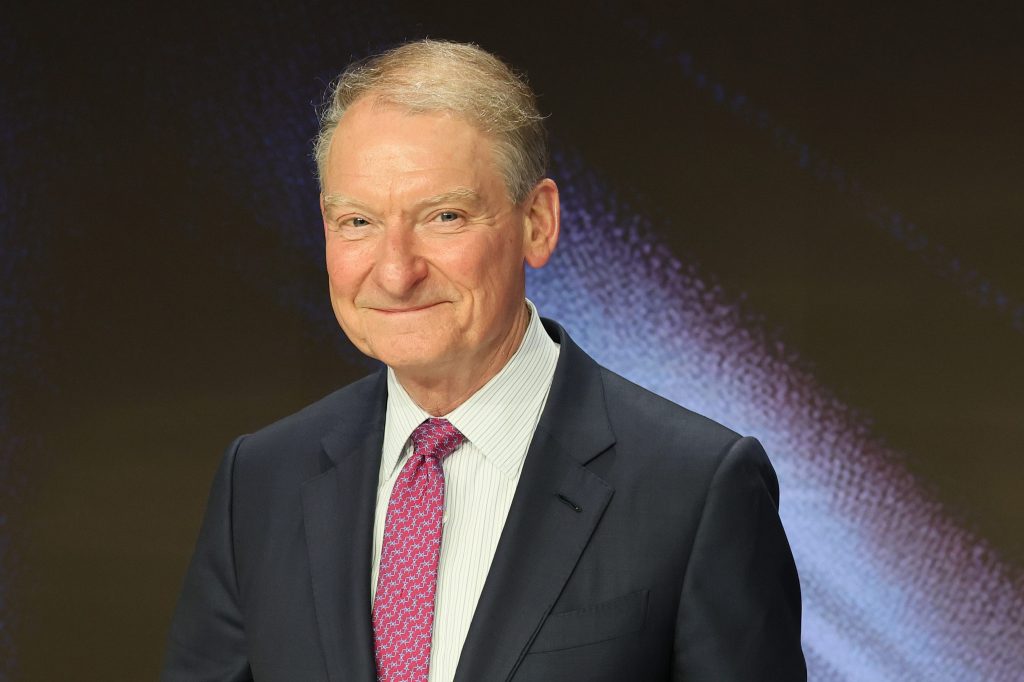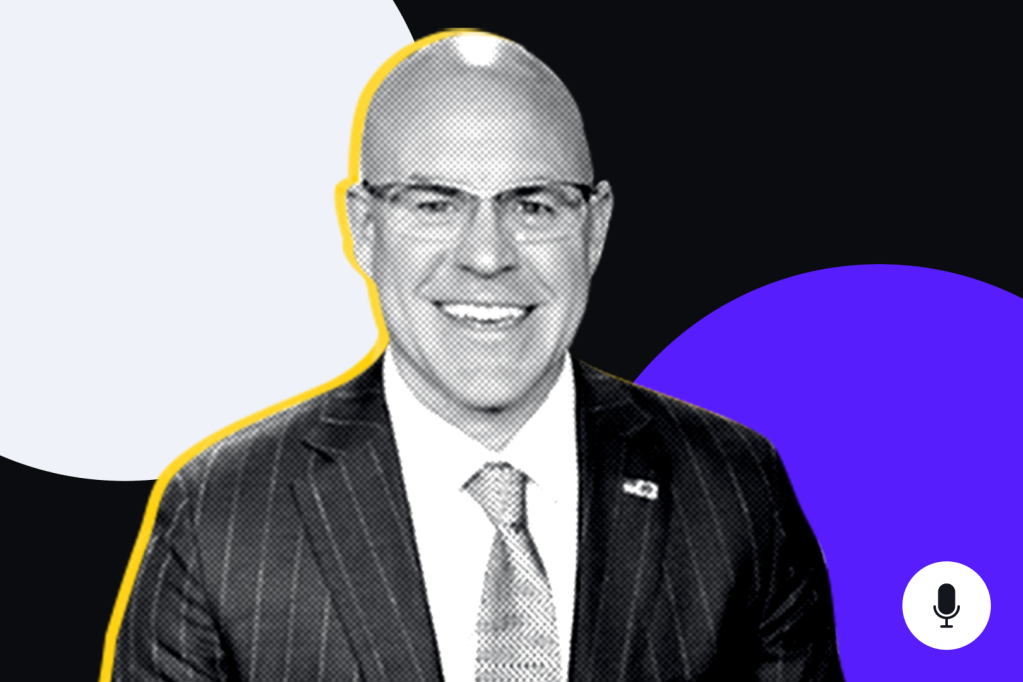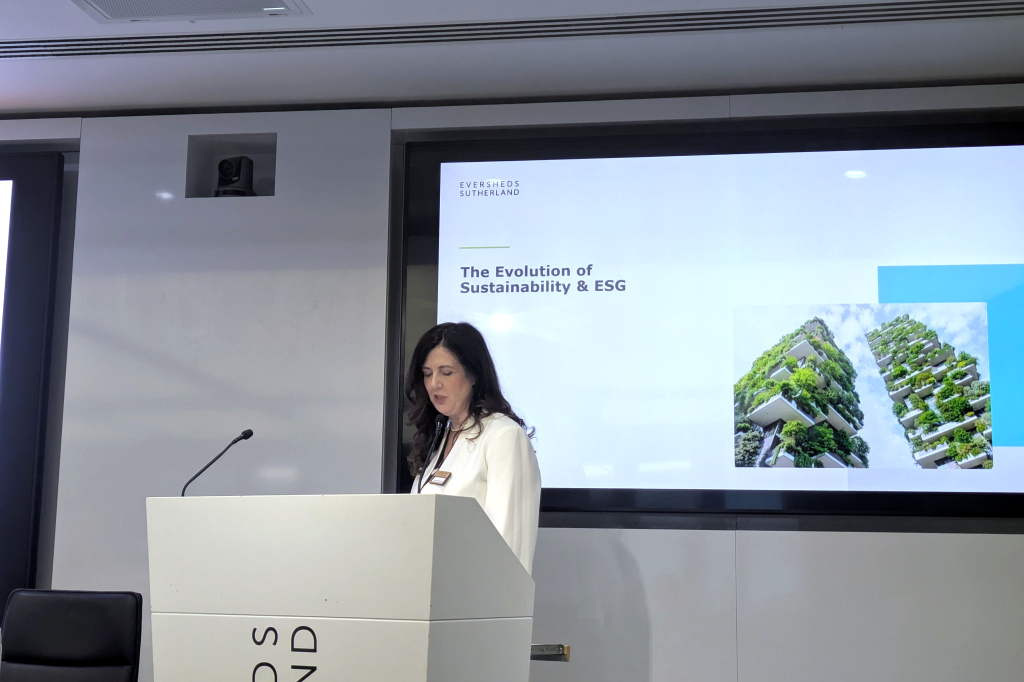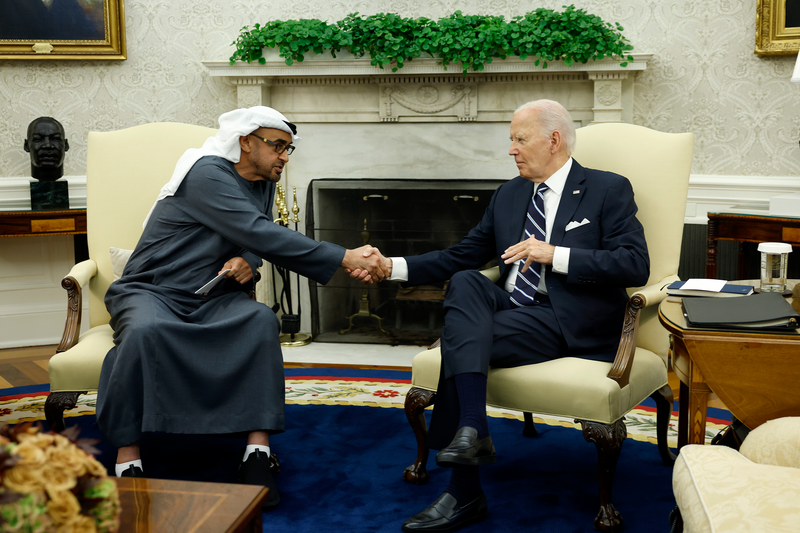The United Arab Emirates’ ambition to become a global leader in AI technology is not a secret. The country continues to make important moves, both on the business and regulation fronts, to transform into one of the world’s most digital-friendly nations. AI seems to be at the forefront of this
Register for free to keep reading
To continue reading this article and unlock full access to GRIP, register now. You’ll enjoy free access to all content until our subscription service launches in early 2026.
- Unlimited access to industry insights
- Stay on top of key rules and regulatory changes with our Rules Navigator
- Ad-free experience with no distractions
- Regular podcasts from trusted external experts
- Fresh compliance and regulatory content every day

![What [the heck] is going on with vaccine policy in America?](https://www.grip.globalrelay.com/wp-content/uploads/2026/02/G-Vaccine-signage-2259640793.jpg?w=1024)











